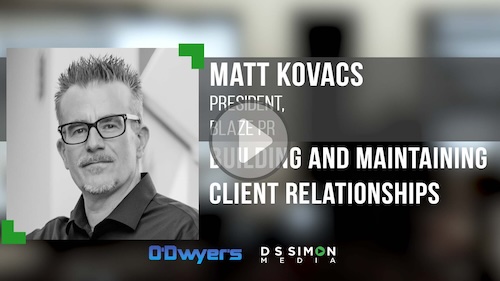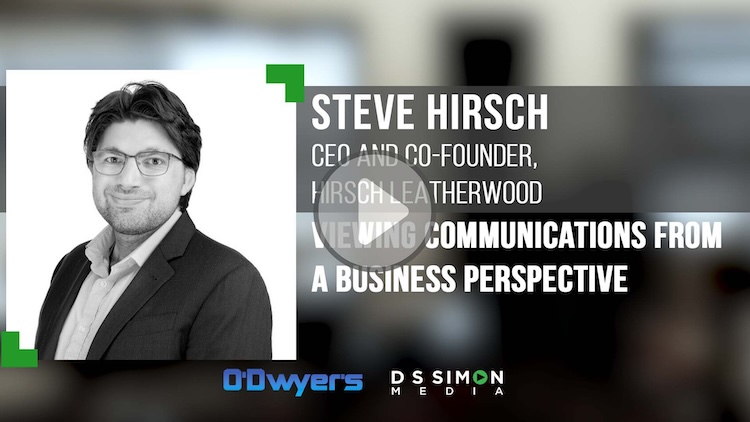Many moons ago, an eager young public relations seminar leader was excoriating the reputational damage done to Exxon as a result of its Valdez tanker polluting the Gulf of Alaska.
“Nonsense,” retorted a particularly-obnoxious seminarian in the first row, “they’re the biggest oil company in the world, make the most money, and drivers will still use their gas. So why should anybody care about their ‘reputation?’”
The student was loathsome, but the question was a good one. And frankly, the instructor didn’t respond with a very convincing answer. And the rest of his instruction was, in truth, shaky.
But that was decades ago, and the student is probably now in his 50s, the rejuvenated ExxonMobil has evolved into a much more socially responsible company, and the instructor has aged (but remains gorgeous!).
The question that loud mouth asked, however, remains relevant: “Why should anyone care about his or her reputation?”
Bad rep or not, Alex Rodriguez and Lindsay Lohan and Kanye West are still multi-millionaires, and you’re not. So what’s the point?
The answer in 2014, after a lifetime in the communications vineyard, is that in the practice of public relations, in particular, your reputation, your credibility, your personal sense of morality matters.
The most discouraging report about the public relations field ever recorded was the PR Week survey in 2000 that found that 25% of 1,700 public relations people interviewed admitted “lying on the job.” Interestingly, neither PR Week nor PRSA nor any academic public relations program has ever updated that damaging study. (“Whassa matter Col. Sanders, chicken?”)
The fact is that if you lie once to a reporter or a blogger or client – and you’re found out – you’re toast. Indeed, if there is one cardinal rule in public relations it is that, “Thou shalt not lie.”
Beyond out-and-out lying, “morality” in public relations means different things to different people.
· Some public relations professionals won’t work for tobacco companies.
· Others won’t work for banks.
· Still others feel morally repulsed by Tea Party Republicans or liberal Democrats.
That’s all fair. My personal morality is not yours. What matters is that we both have “public relations morality.” And we know that the well-publicized transgressions of well-known public relations firms were wrong. Like for instance:
· Ketchum’s deceptive invitation to food bloggers to sample a famous chef’s delicacies, only to serve up client Con Agra’s frozen food.
· Burson-Marsteller’s duplicitous pitching of anti-Google stories without identifying it was doing it for client Facebook.
· Edelman’s fake blog, pretending to be written by a couple traveling across America and finding great experiences at (client) Walmart.
All public relations professionals can agree that these ethical breaches were inexcusable and impaired the reputations of otherwise honorable and distinguished public relations agencies.
A lawyer may be duty-bound by the Constitution to offer a vigorous defense for any client – whether guilty or not. But a public relations professional has no such obligation. In public relations, if you think your client did it, then you can’t say he didn’t. Stated another way, public relations ethics ought to be more moral than legal ethics.
Hopefully, public relations professionals have learned over the years that in the communications business, all you have is your reputation. And if you want to keep getting referrals, keep attracting clients, and keep earning respect, then you have no choice but to treat seriously the concept of “public relations morality.”
Stated another way -- what that seminar punk should have been told at the time but wasn’t -- in the practice of public relations, morality matters.
* * *![]()
Fraser P. Seitel has been a communications consultant, author and teacher for 30 years. He may be reached directly at [email protected]. He is the author of the Prentice- Hall text The Practice of Public Relations, now in its eleventh edition, and co-author of Idea Wise.










 Have a comment? Send it to
Have a comment? Send it to 
No comments have been submitted for this story yet.